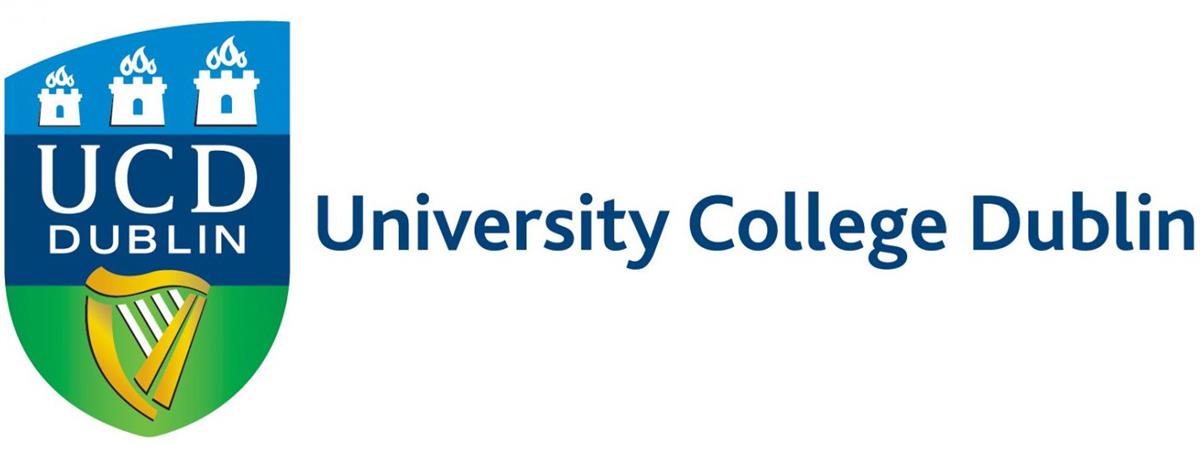Environmental Sustainability
Embark on a Journey to Save Our Planet
In today's rapidly changing world, environmental sustainability has become a critical focus for global progress. For Indian students aspiring to study abroad, pursuing a course in Environmental Sustainability offers a unique opportunity to gain international expertise while addressing pressing issues like climate change, pollution, and resource depletion—challenges that resonate deeply with India's own environmental landscape. From the melting Himalayan glaciers to urban air quality crises in cities like Delhi, sustainability is not just an academic pursuit; it's a call to action.
This comprehensive course, offered at leading universities abroad such as the University of British Columbia in Canada, the University of Melbourne in Australia, or Imperial College London in the UK, equips you with the knowledge and skills to become a steward of the environment. Whether you're passionate about renewable energy, conservation, or policy-making, this program bridges theory and practice, preparing you to contribute to a greener future.
Course Overview
The Environmental Sustainability program is designed for undergraduate and postgraduate students, typically spanning 3-4 years for a bachelor's degree or 1-2 years for a master's. It combines interdisciplinary studies from environmental science, policy, economics, and engineering, fostering a holistic understanding of sustainable development.
Key Highlights:
- Duration: Flexible options from 1-year diplomas to 4-year degrees.
- Location: Prestigious institutions in countries like the USA, UK, Canada, Australia, and Germany, known for their cutting-edge research in sustainability.
- Language: Primarily English-taught, ideal for Indian students with strong English proficiency.
- Tuition Fees: Approximately INR 15-30 lakhs per year, with scholarships available for international students from India (e.g., via DAAD in Germany or Fulbright in the USA).
- Intake: Fall (September) and Spring (January) sessions.
Indian students will find these programs particularly appealing due to their emphasis on global case studies, including sustainable practices in emerging economies like India. You'll learn how to apply concepts from abroad to real-world scenarios back home, such as implementing solar energy solutions in rural India or advocating for biodiversity protection in the Western Ghats.
Curriculum Breakdown
The curriculum is structured to build foundational knowledge before diving into advanced topics. It's delivered through lectures, fieldwork, labs, and group projects, ensuring hands-on learning.
Core Modules
| Module | Description | Credits/Hours |
|---|---|---|
| Introduction to Environmental Science | Explore ecosystems, biodiversity, and human impacts. Case studies include India's deforestation challenges and global warming effects on monsoons. | 3 credits / 45 hours |
| Sustainable Development Goals (SDGs) | Delve into UN SDGs, focusing on poverty alleviation through green tech—relevant for India's SDG commitments. | 4 credits / 60 hours |
| Renewable Energy Systems | Study solar, wind, and bioenergy. Hands-on labs simulate projects like India's National Solar Mission. | 3 credits / 50 hours |
| Environmental Policy and Ethics | Analyze international treaties like the Paris Agreement and ethical dilemmas in conservation. | 3 credits / 45 hours |
Elective Modules
Choose from a range of electives to tailor your studies:
- Climate Change Mitigation: Strategies for reducing carbon footprints, including urban planning for sustainable cities like Singapore or Copenhagen.
- Waste Management and Circular Economy: Learn zero-waste models, applicable to India's Swachh Bharat initiative.
- Biodiversity Conservation: Field trips to protected areas, studying wildlife corridors similar to India's Project Tiger.
- Environmental Economics: Cost-benefit analysis of green investments, with a focus on emerging markets.
The program culminates in a capstone project or thesis, where you might research topics like "Sustainable Agriculture in the Face of India's Water Scarcity" or "Impact of Fast Fashion on Global Rivers." Guest lectures from experts, including those from Indian organizations like TERI (The Energy and Resources Institute), add a localized perspective.
Learning Outcomes
By the end of the course, you'll achieve:
- Comprehensive understanding of environmental challenges and sustainable solutions.
- Skills in data analysis, GIS mapping, and policy formulation using tools like ArcGIS and R software.
- Ability to conduct environmental impact assessments (EIAs) for projects worldwide.
- Global network through collaborations with international NGOs and think tanks.
- Practical experience via internships at organizations like the World Wildlife Fund (WWF) or UN Environment Programme.
These outcomes are particularly empowering for Indian students, enabling you to return home with innovative ideas to tackle issues like air pollution in the Indo-Gangetic Plain or coastal erosion in Kerala.
Why Study Environmental Sustainability Abroad?
Studying abroad in this field offers unparalleled advantages over domestic programs:
- World-Class Facilities: Access state-of-the-art labs and research centers, such as the Grantham Institute at Imperial College, which boast resources far beyond most Indian universities.
- International Exposure: Collaborate with diverse peers from Europe, Asia, and Africa, gaining insights into global sustainability models. For instance, learn from Europe's carbon-neutral cities to inspire similar transformations in Indian metros.
- Scholarships and Funding: Programs like the Chevening Scholarships (UK) or Australia Awards prioritize Indian students in STEM fields, covering up to 100% of costs.
- Post-Study Work Opportunities: Countries like Canada and Australia offer 2-3 years of work visas, allowing you to gain experience in green jobs before returning to India.
- Cultural and Personal Growth: Immersing in eco-friendly lifestyles abroad, like cycling cultures in the Netherlands, broadens your worldview and enhances employability back home.
Moreover, with India's growing emphasis on sustainability—evident in policies like the National Action Plan on Climate Change—graduates from abroad return as leaders in this sector, often securing roles in government, NGOs, or startups.
Eligibility and Application Process for Indian Students
To apply, Indian students typically need:
- Academic Qualifications: 10+2 with 60%+ for undergrad; bachelor's degree with 55%+ for postgrad in related fields like science or engineering.
- English Proficiency: IELTS (6.5+) or TOEFL (90+); some universities waive this for Indian students from English-medium schools.
- Entrance Exams: GRE for US programs; not always required elsewhere.
- Documents: SOP highlighting your interest (e.g., personal experiences with India's environmental issues), LORs, CV, and passport.
The application process involves:
- Researching universities via platforms like QS Rankings for sustainability programs.
- Submitting online applications (deadlines: 6-12 months in advance).
- Applying for student visas (e.g., Tier 4 for UK, F-1 for USA), with proof of funds around INR 10-15 lakhs.
- Securing health insurance and accommodation—many unis offer on-campus eco-friendly dorms.
Our study abroad consultants can guide you through this, ensuring a smooth transition.
Career Prospects
A degree in Environmental Sustainability opens doors to dynamic careers. In India, the green sector is booming, with the market projected to reach $100 billion by 2030.
Top Job Roles:
- Sustainability Consultant: Advise companies on eco-friendly practices (Salary: INR 8-15 lakhs p.a.).
- Environmental Policy Analyst: Work with government bodies like the Ministry of Environment (INR 7-12 lakhs p.a.).
- Renewable Energy Specialist: Roles in firms like Tata Power Solar (INR 10-20 lakhs p.a.).
- Conservation Scientist: Join NGOs like WWF-India (INR 6-10 lakhs p.a.).
- Corporate ESG Manager: Ensure environmental compliance in multinationals (INR 12-25 lakhs p.a.).
Abroad, opportunities in the EU's Green Deal or US clean energy initiatives provide starting salaries of $50,000-$80,000. Many alumni pursue PhDs or entrepreneurship, launching sustainable ventures in India.
Student Testimonials
"Studying Environmental Sustainability in Canada transformed my perspective. I applied lessons on water management to my thesis on the Ganges, and now I'm interning with an Indian NGO." – Priya Sharma, University of Toronto Alumna
"The global network I built in Australia helped me land a job in renewable energy back in Mumbai. It's rewarding to contribute to India's sustainable future." – Arjun Patel, University of Melbourne Graduate
Ready to Make a Difference?
Join thousands of Indian students who have turned their passion for the environment into global impact. Apply today and step into a world where your studies abroad lead to real change for India and beyond. Contact our advisors for personalized guidance on scholarships, visas, and program selection.











